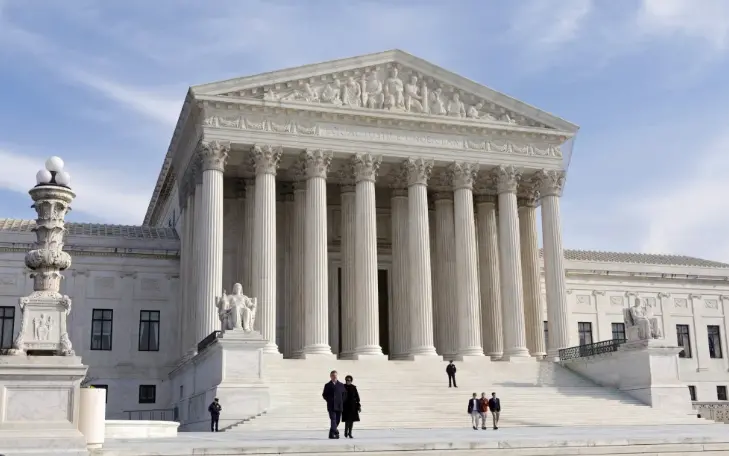The U.S. Supreme Court on Monday adopted its first ethics code after continued criticism over undisclosed trips and gifts given to some justices by wealthy benefactors, but the code lacks a means to ensure compliance.
The policy, approved by all nine justices, does not appear to impose any significant new requirements and leaves compliance entirely in the hands of individual judges.
In fact, the justices said they have long adhered to ethics rules, and hinted that criticism of the top court on ethics issues is the product of misunderstanding, rather than some error by the justices.
“The absence of a code, however, has led in recent years to the misunderstanding that the justices of this court, unlike all other jurists in this country, believe that they are not constrained by any ethical standards,” the justices wrote in an unsigned statement accompanying the code. “To dispel this misunderstanding, we are issuing this code, which largely represents a codification of the principles that we have long considered to govern our conduct.”
The ethics issue has vexed the court for several months, following a series of articles questioning the judges’ ethical practices. Many of those stories focused on Justice Clarence Thomas and his failure to disclose travel, other hospitality and additional financial ties to wealthy conservative donors such as Harlan Crow and the Koch brothers. But Justices Samuel Alito and Sonia Sotomayor have also come under scrutiny.
In September, Justice Elena Kagan acknowledged that there were disagreements among the justices over the content of a code of ethics, but did not specify what they were. The justices achieved unanimity on Monday, but offered no explanation of how they had reached that point.
Liberal critics of the court were not satisfied, with one group saying the code “looks much more like a friendly suggestion than a binding, enforceable guideline.”
Democratic Sen. Sheldon Whitehouse, one of the most vocal voices complaining about the court’s ethical shortcomings, was among the leading Democrats to praise it, but also urged it to do more.
“This is a long overdue step for the justices, but a code of ethics is not binding unless there is a mechanism to investigate potential violations and enforce compliance. The honor system has not worked for members of the Court (headed by Chief Justice John) Roberts,” Whitehouse said.

